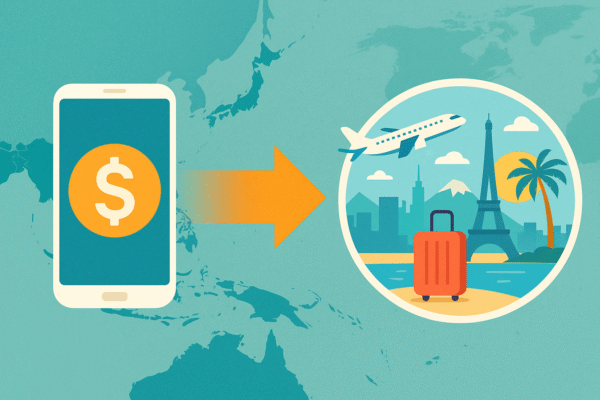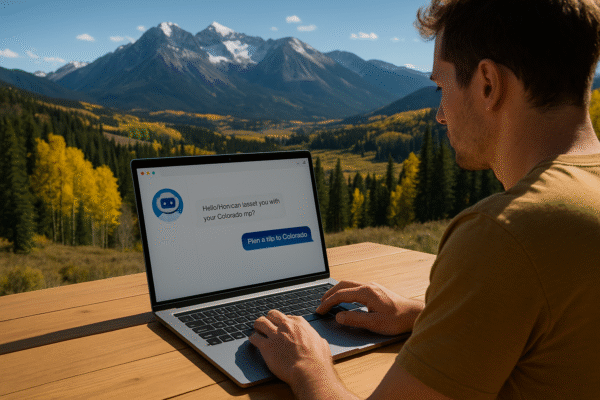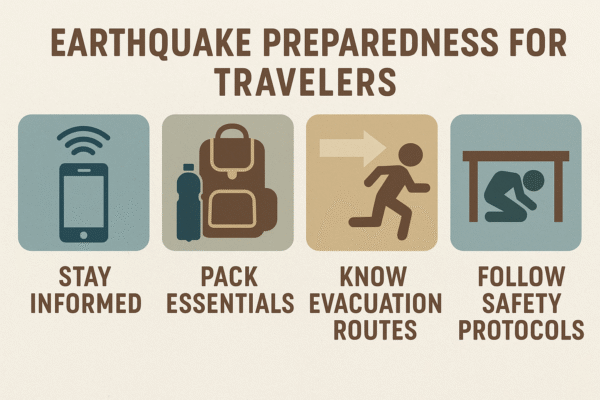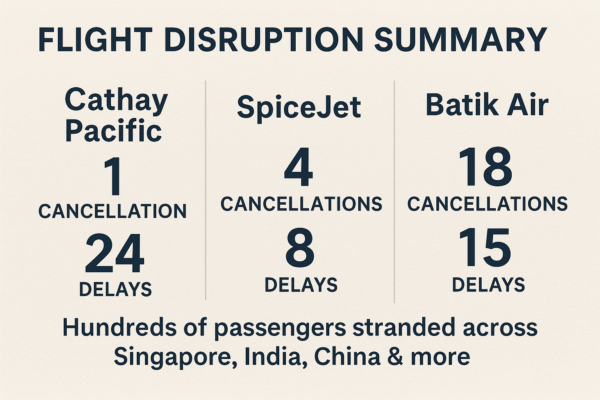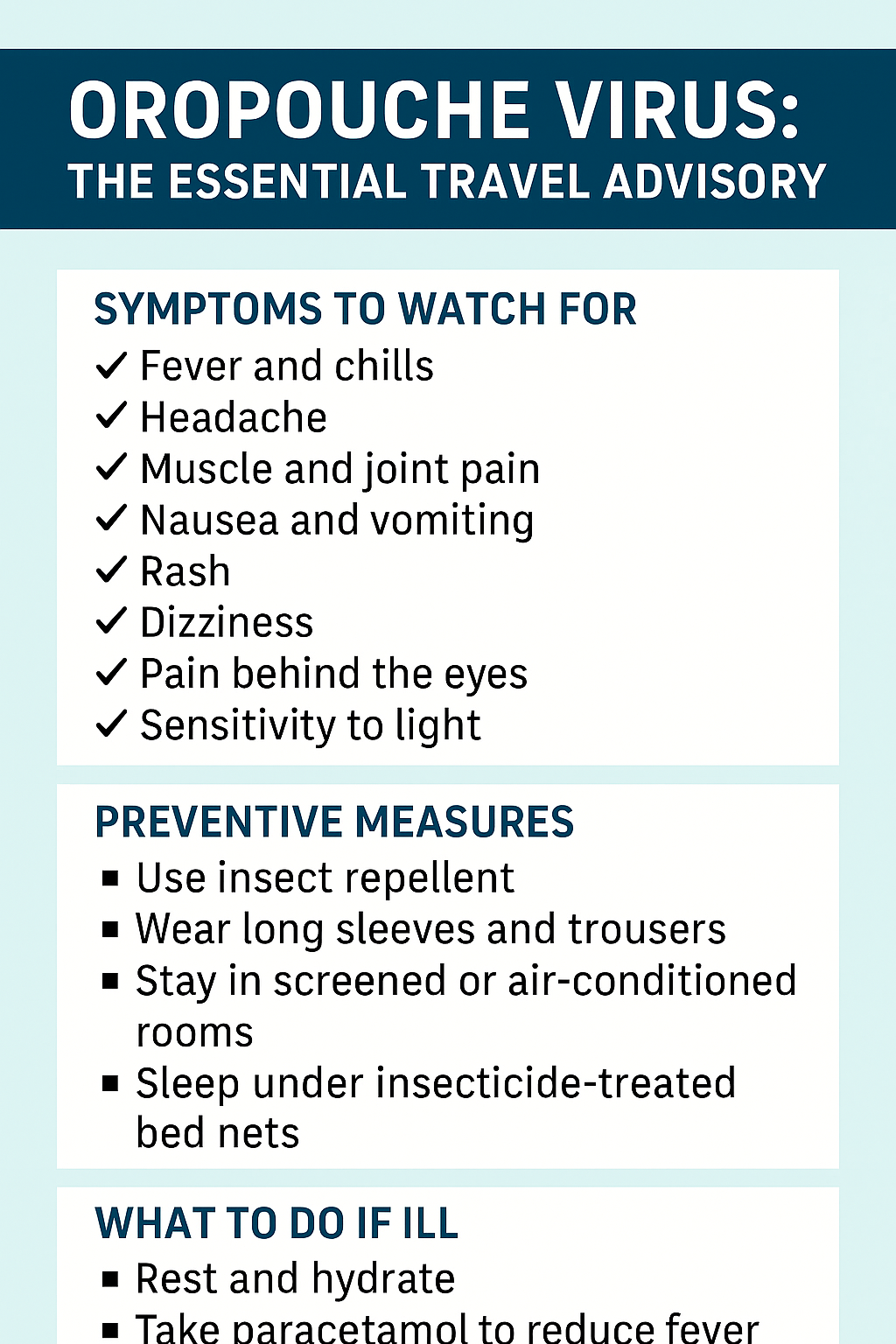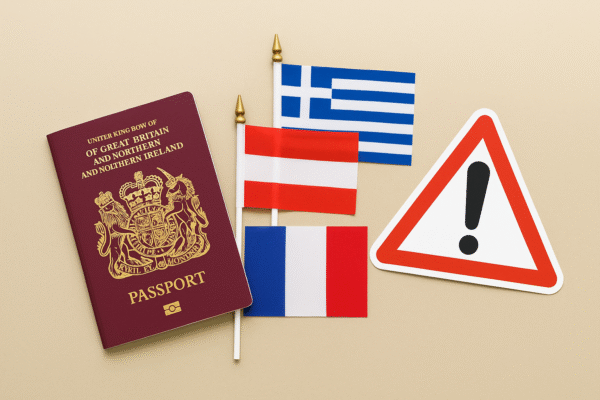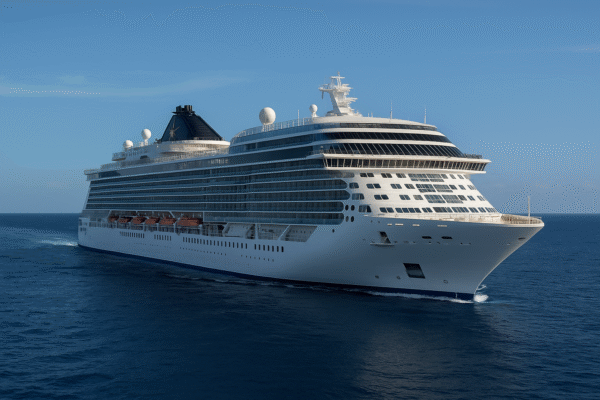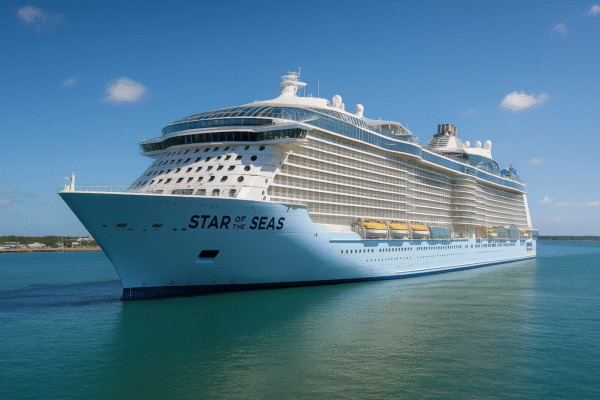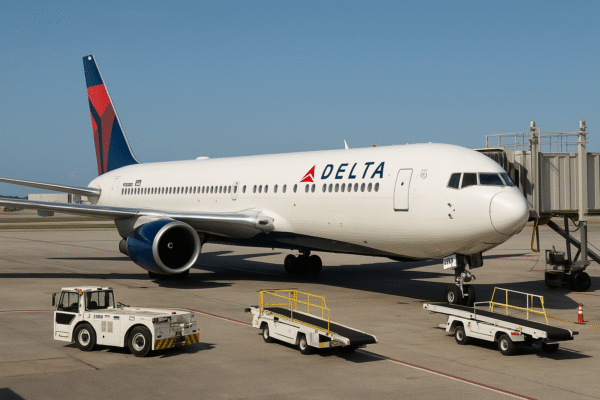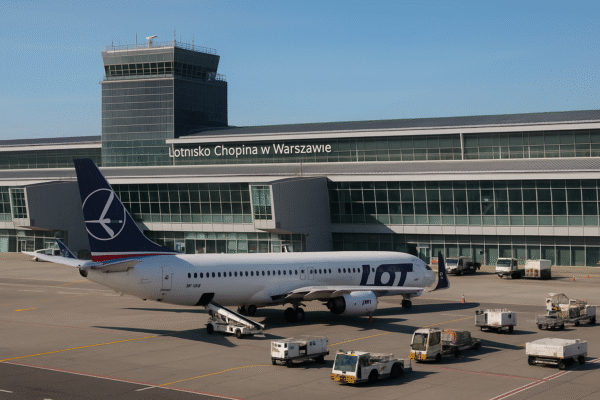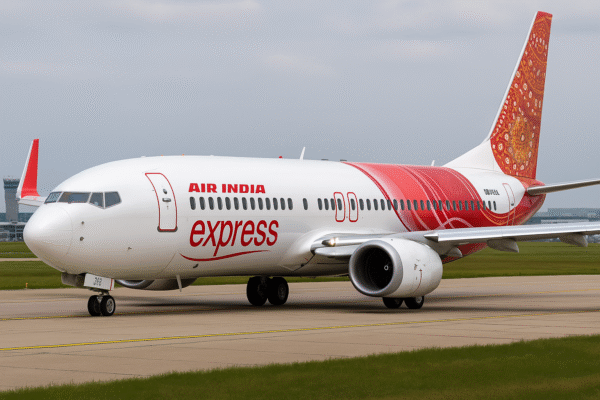Delta Air Lines and its joint venture partner Korean Air have unveiled a transformative airport process that promises to reshape the international travel scene for those connecting through Atlanta’s Hartsfield‑Jackson International Airport (ATL). Dubbed International Remote Baggage Screening (IRBS), this cutting‑edge system is set to deliver smoother, faster connections for travelers arriving from Seoul’s Incheon Airport (ICN), as well as those flying from London Heathrow (LHR).
What Is IRBS—and Why It Matters
Under the IRBS system, departing passengers’ luggage is X‑ray scanned at the point of departure—in Seoul or London—and the images are securely transmitted to U.S. Customs and Border Protection (CBP) ahead of arrival. As a result, arriving passengers can skip the traditional baggage claim and recheck steps, heading straight to their next flight or exiting the airport. This streamlined journey not only reduces layover times but also eases one of the most stressful aspects of international flights. Government sources confirm that this approach both speeds the entry process and adds an extra layer of preemptive security.
Time Saved—20 to 25 Minutes and Counting
According to airline data, passengers on the Seoul‑Atlanta route can shave approximately 20 minutes off their connection time when using IRBS. Delta additionally puts the more optimistic estimate at up to 25 minutes saved, especially when fully rolled out across both Korean Air and Delta flights.
One-Stop Security: A Heathrow Bonus
In parallel, Delta has expanded its One‑Stop Security (OSS) service for passengers arriving from London Heathrow. Those enrolled in Global Entry or using the Mobile Passport Control app can now bypass a redundant TSA screening upon arrival in Atlanta, saving up to 45 minutes. Implementation is rolling out to all eligible Delta flights from LHR to ATL.
Broad Collaboration and Technological Innovation
The IRBS and OSS services are not just airline-led—they stem from a broad network of collaboration. IRBS is powered by U.S. agencies (CBP, TSA), South Korea’s Ministry of Land, Infrastructure and Transport, Incheon Airport Corporation, technology providers, and the two airlines. Similarly, One‑Stop Security involves a partnership with the U.K. Department for Transport, TSA, CBP, and multiple airlines.
Impact on Travelers and Airports
- Reduces stress and congestion: Passengers avoid baggage lanes, recheck lines, and additional security queues—creating a calmer airport experience.
- Boosts efficiency: Atlanta—often ranked among the world’s busiest airports—gains system-wide speed and predictability.
- Sets global precedent: These steps are part of a larger movement to pre-clear entry procedures overseas, offering a smoother global travel model.
Who Benefits and What You Should Know
- Eligible travelers: IRBS applies to passengers flying on Delta or Korean Air from Incheon to Atlanta—whether direct or connecting via Incheon from elsewhere.
- Requirements: For OSS and fast-tracking from Heathrow, passengers must have Global Entry or use the Mobile Passport Control app.
- Expect more routes: Delta intends to widen the rollout across additional international routes and hubs.
Final Take
This dual innovation—International Remote Baggage Screening and One-Stop Security—marks a significant leap in air travel convenience. By enabling pre-screened baggage and expedited security checks, Delta and its partners are cutting down connection times, streamlining customs, and easing passenger stress—all while maintaining rigorous safety standards. As Atlanta strengthens its position as a premier global hub, these enhancements promise a new wave of smoother, smarter travel for millions.
For more travel news like this, keep reading Global Travel Wire

